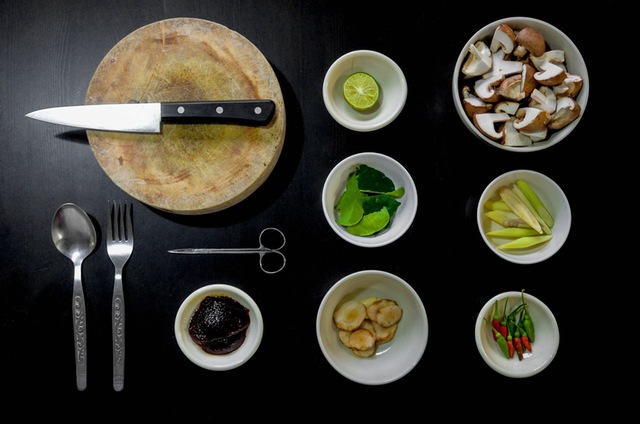Food intolerance can be difficult to diagnose, uncomfortable, debilitating, and may lead to chronic inflammation. It’s difficult to pinpoint the foods responsible, because reactions are often delayed. Allergic reactions are immediate and release histamine, which is why they show up on skin-prick tests, while intolerances don’t.
The cause of both is similar – a protein or chemical in your food – and so are the symptoms – a rash, stomach complaints, breathing difficulties, the list goes on. However, allergies can be life threatening, so it cannot be ignored. Intolerance, on the other hand, is often left unaddressed and goes on to cause life-long illness. So maybe it’s about time we paid food intolerance some more attention!
Food Allergies
Allergy is your typical antibody immune response. Your body creates an antibody to an antigen – a perceived foreign invader. Our immune system remembers that specific threat with memory cells and if we encounter it again, our body acts fast to eliminate it. Masses of antibodies release histamine and other chemicals into the bloodstream, causing redness, swelling, heat, inflammation, and constriction, designed to kill the invader. What we see and feel is a host of unpleasant symptoms, from hay fever and asthma, to dermatitis and skin rashes, vomiting, and stomach cramps and even anaphylaxis. And it can all happen within seconds!
Food Intolerances
Food intolerance is certainly different, but despite what you may have heard, it is still an immune response. Our body sees food chemicals as the invader, and treats them as they would a virus or bacteria that’s infiltrated our cells, attaching to the cell and destroying it. It’s an abnormal response to food chemicals, and can be caused by naturally-occurring compounds such as salicylates in fruit, amines in meat, glutamates, gluten, and milk, to name a few.
Reactions are slow, taking six hours or more, and depend on how much you’ve eaten. Some days you may react and others you may not. To make it even more confusing to pinpoint the culprit, lots of foods contain the same food chemicals, so you can easily reach your threshold eating different foods from the last time you reacted. So, most of us continue to eat the offending foods, causing a state of chronic inflammation in the body, and long-term health complaints, such as constant respiratory infections, diarrhea, or migraines. This chronic inflammatory state is not a happy place to be. Not only is it uncomfortable and debilitating, but it can lead to more serious complaints down the track, like auto-immune diseases, cancer, and more.
What Causes Intolerances and Allergies?
The underlying cause of food intolerance and allergy is multi-factorial. Contamination of our food with toxins and too many additives; less exposure to childhood infections and a variety of microbes; our genes and our mum’s health when she was pregnant; gut dysfunction and permeability leading to more potential allergens leaking into the bloodstream and causing our immune systems to overreact. Many of these are out of our control, but healing our leaky gut is something we can do to lessen our reactions to common foods. With good nutrition and support to strengthen the tight junctions in the lining of our gut, allergies and intolerances lessen or may even go away.
So while allergies can be life threatening, intolerances can be life-long. It’s harder to determine what foods are the causes, because it’s usually more than one. Symptoms may be horrible, can recur all the time and may lead to some serious health complaints. But there is a way out. Find out what you’re intolerant to (with the help of a nutritionist) and how much you can eat before you react. It may be none, but you are able to have it once a week without any trouble. Heal your leaky gut so you react less. And look after yourself. If you’re sensitive to foods, you’re likely a sensitive soul, so be kind to yourself and eat as many healthy, whole foods as you can.


![5 Reasons You Should Travel Alone Airplane [image source: chau nguyen/ http://thedevilhatessweatpants.blogspot.com.au ], crowd ink, crowdink, crowdink.com, crowdink.com.au](https://crowdink.com/wp-content/uploads/2016/08/Chau-airplane-218x150.jpg)





























